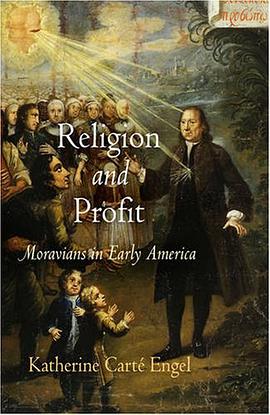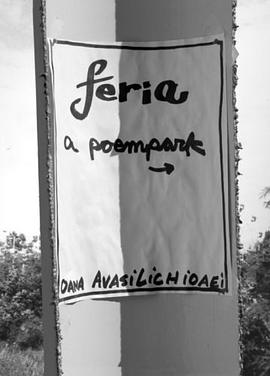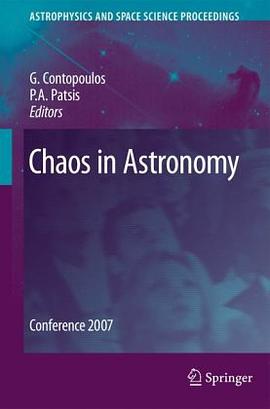

The Moravians, a Protestant sect founded in 1727 by Count Nikolaus Ludwig von Zinzendorf and based in Germany, were key players in the rise of international evangelicalism. In 1741, after planting communities on the frontiers of empires throughout the Atlantic world, they settled the communitarian enclave of Bethlehem, Pennsylvania, in order to spread the Gospel to thousands of nearby colonists and Native Americans. In time, the Moravians became some of early America's most successful missionaries. Such vast projects demanded vast sums. Bethlehem's Moravians supported their work through financial savvy and an efficient brand of communalism. Moravian commercial networks, stretching from the Pennsylvania backcountry to Europe's financial capitals, also facilitated their efforts. Missionary outreach and commerce went hand in hand for this group, making it impossible to understand the Moravians' religious work without appreciating their sophisticated economic practices as well. Of course, making money in a manner that be fitted a Christian organization required considerable effort, but it was a balancing act that Moravian leaders embraced with vigor. Religion and Profit traces the Moravians' evolving mission projects, their strategies for supporting those missions, and their gradual integration into the society of eighteenth-century North America. Katherine Carte Engel demonstrates the complex influence Moravian religious life had on the group's economic practices, and argues that the imperial conflict between Euro-Americans and Native Americans, and not the growth of capitalism or a process of secularization, ultimately reconfigured the circumstances of missionary work for the Moravians, altering their religious lives and economic practices.
具体描述
读后感
评分
评分
评分
评分
用户评价
相关图书
本站所有内容均为互联网搜索引擎提供的公开搜索信息,本站不存储任何数据与内容,任何内容与数据均与本站无关,如有需要请联系相关搜索引擎包括但不限于百度,google,bing,sogou 等
© 2025 book.wenda123.org All Rights Reserved. 图书目录大全 版权所有




















